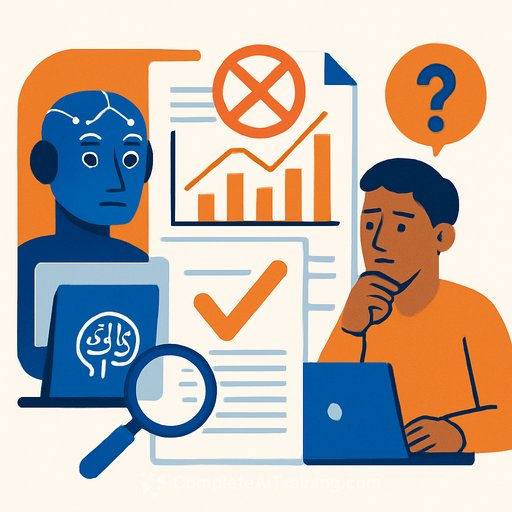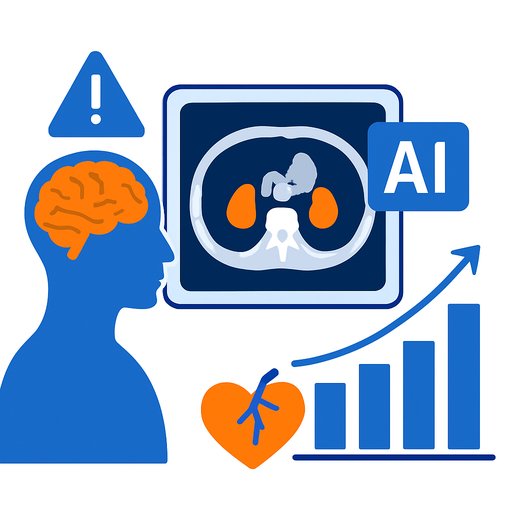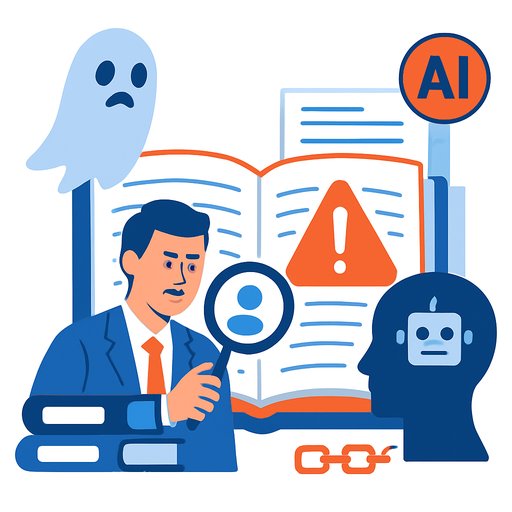Weekend Reads: Retractions, AI Challenges, and Research Integrity
Recent developments in scientific publishing highlight ongoing challenges with research integrity and the evolving role of AI in academia. Here’s a concise overview of key stories and insights for researchers and professionals in science.
Spotlight on Retractions and Research Misconduct
- A cardiology researcher in Italy now has 17 retractions, mostly due to duplicated content. Requests to retract some papers date back to 2012, yet at least one paper remains unretracted.
- Mindfulness research on social connection was retracted following investigative advice from vigilant sleuths.
- A leading education researcher faces court action over plagiarism claims amid a university review.
- PLOS One issued expressions of concern on four papers due to overlapping control data.
- Retracted or withdrawn COVID-19 papers have surpassed 500, contributing to over 60,000 retractions now documented in a major database integrated with Crossref.
- The Retraction Watch Hijacked Journal Checker has expanded to include over 300 titles, assisting researchers in identifying questionable journals.
Additional resources such as leaderboards listing authors with the most retractions and the most highly cited retracted papers offer insight into patterns of misconduct. There is also a record tracking mass resignations related to research integrity issues.
AI and Peer Review: Emerging Concerns
- A recent study finds that ChatGPT often overlooks retracted scientific papers, raising concerns about AI’s role in spreading outdated or invalid science.
- Experts advocate for applying the “Swiss Cheese Model” to peer review to better detect problematic manuscripts by layering multiple safeguards.
- New questions arise about what constitutes plagiarism in the era of AI-generated papers, highlighting risks unique to automated content creation.
- Research suggests that AI can outperform experts in distinguishing between human- and AI-written stroke research papers.
- AI tools aimed at detecting ethical breaches, errors, and misconduct in manuscripts are becoming more important as scientific fraud grows faster than traditional oversight mechanisms can manage.
Broader Issues Affecting Research Culture
- Some top researchers may withhold more information than they disclose, complicating efforts to ensure transparency.
- A university president faces plagiarism allegations, prompting calls for swift institutional action.
- An engineering professor discovered he was listed as the sole author on a paper he did not write, underscoring authorship verification challenges.
- Surveys indicate that image fraud is relatively common in nuclear medicine research, with nearly 40% of scientists witnessing misconduct.
- A lead scientist on a major Aboriginal rock art project criticized a government agency for presenting an overly positive interpretation of scientific results.
- Industry medicinal chemists publish less frequently due to limited time for authorship, prompting suggestions for limiting publications to one per year per researcher.
- Concerns grow over the quality and availability of data in certain countries, affecting research validity.
- Strategies to identify shoddy studies are gaining attention, exemplified by critical assessments of vaccine research claims.
- Faculty surveys reveal that recent publication volume is a key indicator of awareness about predatory journals.
- Calls are increasing to curb unchecked growth in publishing fees and reduce reliance on unpaid peer review.
- Discussions continue about the “prestige monopoly” in scientific publishing and its impact on research dissemination.
- New approaches aim to assess result robustness in social sciences, acknowledging that even honest findings can change.
- Experts warn that popular academic tools like Google Scholar may face challenges ahead, with academia unprepared for shifts in information access.
- Criticism targets gambling research centers for potential conflicts of interest influencing research agendas.
- Replication studies in art history, such as those revisiting Rembrandt portrait attributions, emphasize the value of verification across disciplines.
These developments reflect ongoing tensions in scientific communication and the need for effective tools and policies to uphold research quality. The integration of AI presents both opportunities and challenges that the research community must address carefully.
Further Reading and Resources
For researchers interested in the intersection of AI and scientific integrity, exploring courses on AI ethics and automation can be valuable. Complete AI Training offers a range of relevant courses on topics like ChatGPT and AI tool databases that help understand AI’s impact on research practices.
Your membership also unlocks:






